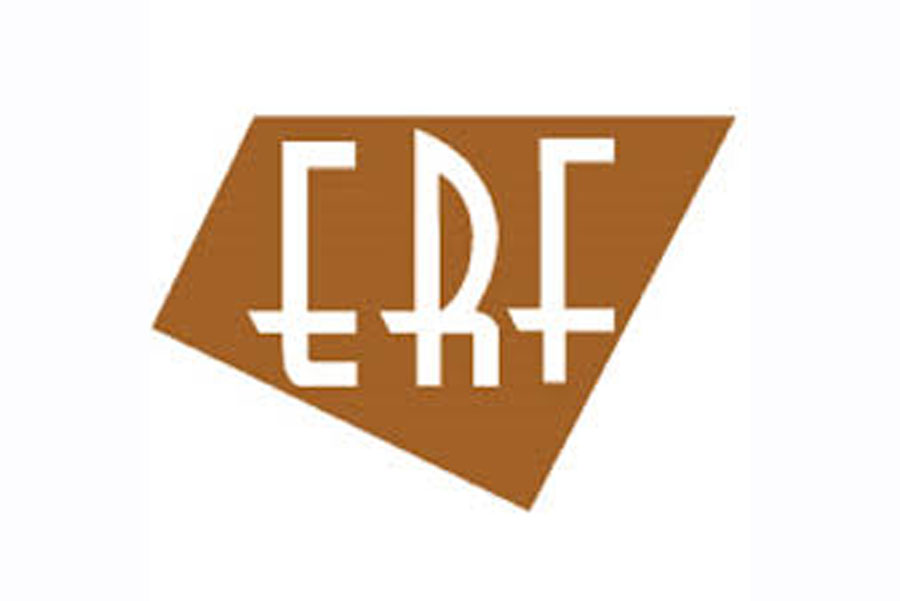
Published :
Updated :

Speakers at a workshop on Thursday expressed their concerns about the data discrepancy in Bangladesh before the country starts negotiations with WTO.
Equity BD and the Economic Reporters’ Forum (ERF) jointly organised the Media workshop titled “WTO Trade Rules and LDC Graduation of Bangladesh” chaired by ERF president Refayet Ullah Mridha and moderated by Abul Kashem, General Secretary of ERF.
Over fifty economic journalists from different media outlets in Bangladesh participated in the workshop.
The event’s main speaker was Hafizur Rahman, former Additional Secretary and former DG of WTO Cell, while Rezaul Karim Chowdhury, the Chief Moderator of EquityBD gave the welcome speech. Barkat Ullah Maruf presented the keynote on different agreements of WTO.
In his speech, Hafizur Rahman, also a member of the Bangladesh Competition Commission, said, “We’ve the benefits of either side of LDC graduation. We will be benefited if we graduate and that will include the advancement of our competencies to openly compete with developed and developing countries. We will also be benefited if we delay our graduation for a few years and that will include the continued opportunities that the LDCs have. We have to choose either of those provisions.”
In his welcome speech, Rezaul Karim Chowdhury said, Equity BD and COAST Foundation have been working on WTO since 2005 when they demanded to form a separate WTO Cell under the Commerce Ministry to effectively monitor the WTO issues and build the country’s negotiation capacity.
Barkat Ullah Maruf of COAST Foundation in his Keynote presentation said the government must have a national strategy based on true data and benefit calculation before going for the graduation from LDCs which will ultimately impact the negotiations in WTO in future.
He said, “We have data discrepancies derived from quick political ambition for which we are about to lose some negotiation ground in different sectors including Agriculture and Fisheries.”


 For all latest news, follow The Financial Express Google News channel.
For all latest news, follow The Financial Express Google News channel.